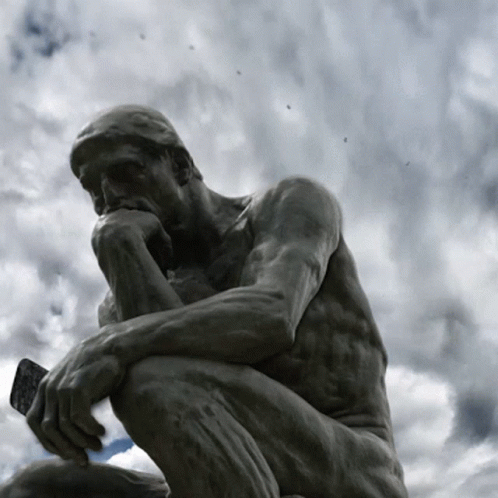
Let's talk about existentialism. Wait, don't click away! I promise this isn't going to be another dry philosophy lecture that puts you to sleep. This is about real life – your life – and how this way of thinking can actually make it better.
Think about your day so far. Bet it's had its ups and downs, right? That's exactly why I started this blog. Life throws us curveballs, and I want to help you knock them out of the park. But first, let's get on the same page about what we're actually talking about.
Strip away all the fancy academic jargon, and existentialism is pretty straightforward. It's a way of looking at life right where you are– the actual, unique human being reading these words – front and center. Unlike some philosophies that get lost in abstract theories or reduce us to walking bundles of neurons, existentialism cares about your lived experience. And here's the kicker: it says you're in the driver's seat of your life.
Yeah, that means no more "the universe is out to get me" or "It's not my fault because [insert excuse here]." Sure, life deals us good and bad hands, but existentialism is all about what you do with the cards you're holding.
But here's where it gets interesting: this isn't just theoretical stuff. Existentialism has quietly shaped some of the most effective forms of therapy out there. Gestalt therapy, logotherapy,humanistic-existential therapy – they all borrow from existential thinking. Why? Because this stuff works. Whether you're dealing with serious mental health challenges or just trying to handle everyday stress (hello, impossible deadlines, and family drama), these principles can help you navigate it all.
And that's just scratching the surface. The real magic happens when you use existential thinking to unlock your potential. It's like having a mental toolkit for becoming who you want to be. In the posts to come, we'll dig into practical matters like:
- Finding meaning in your daily life (even on Mondays)
- Getting to know yourself better (the good, the bad, and the coffee-addicted)
- Building self-confidence consistently
- Figuring out what matters to you (not what Instagram says should matter)
- Becoming a more integrated, authentic version of yourself
Stick around – this is going to get interesting. Drop a comment below and let me know what aspect of existentialism you want to explore first. Your voice matters here.
Theodore Leal
Freelance Professional Linguist